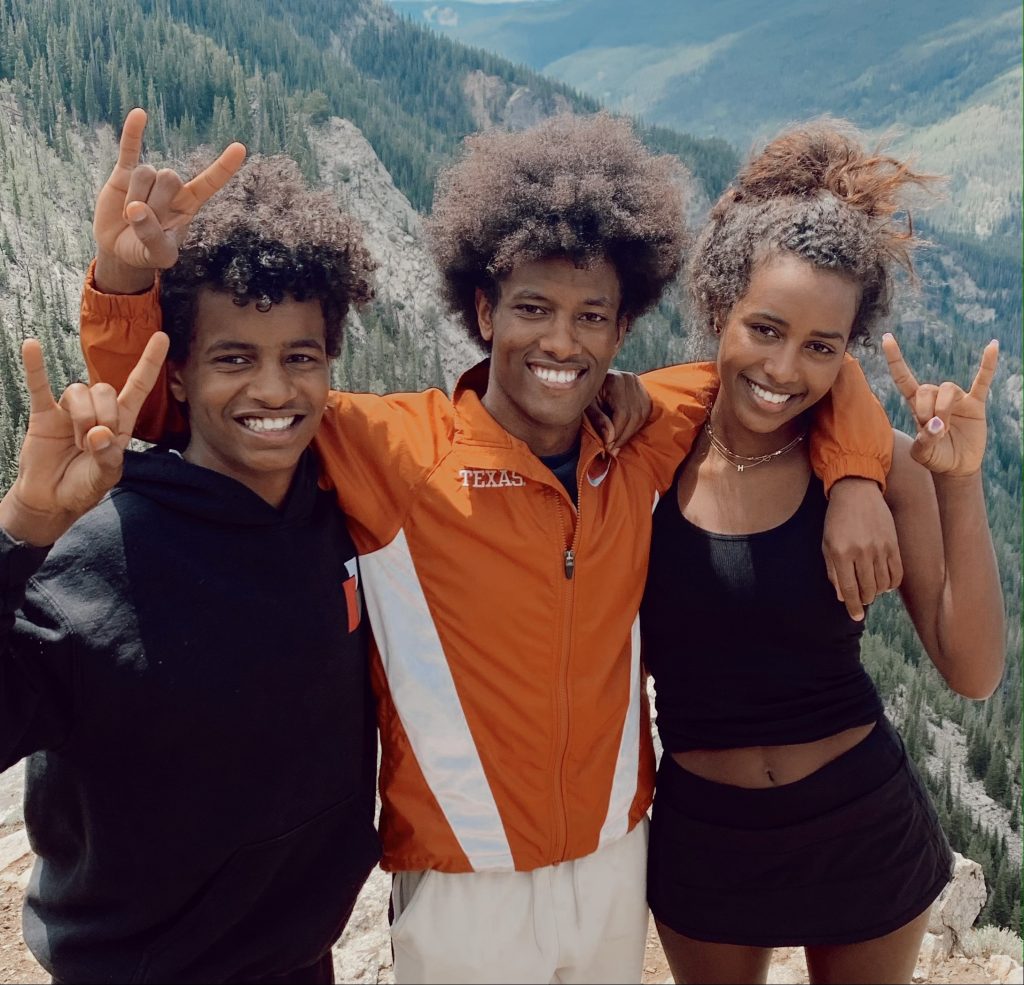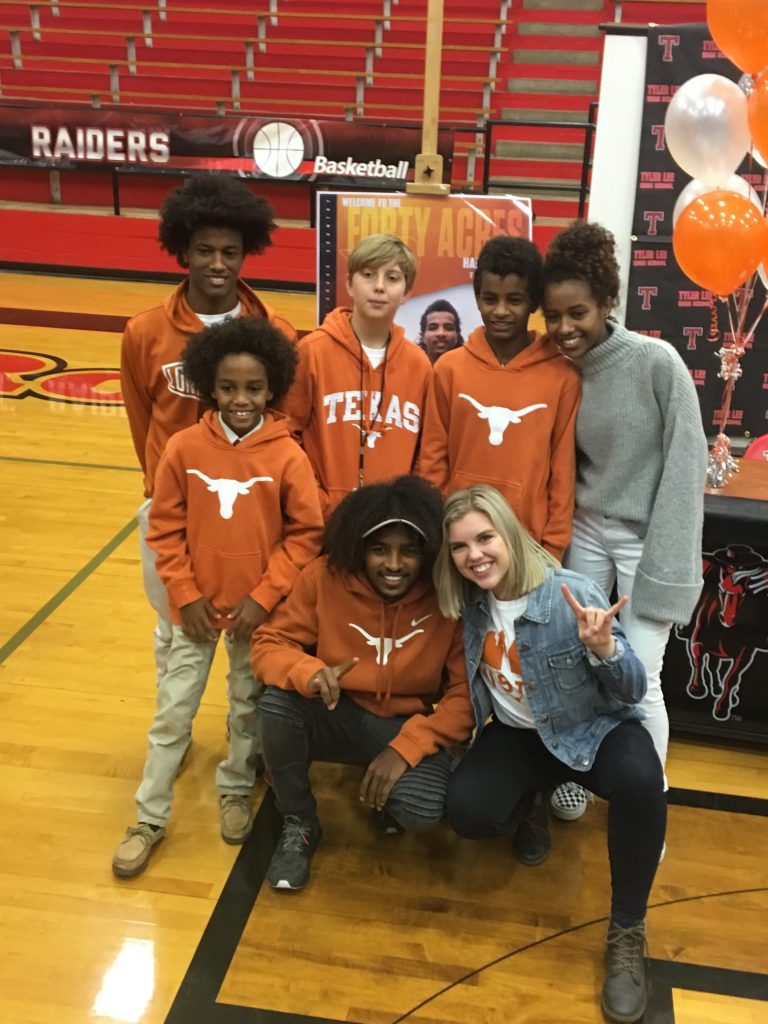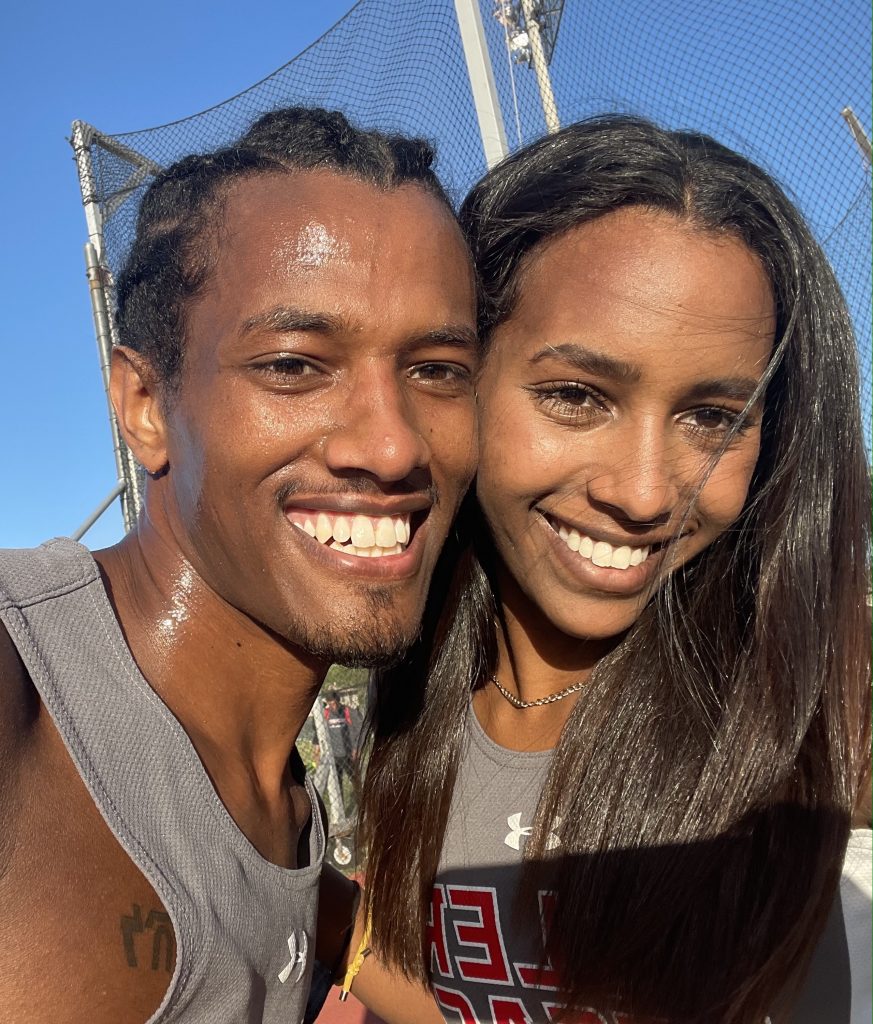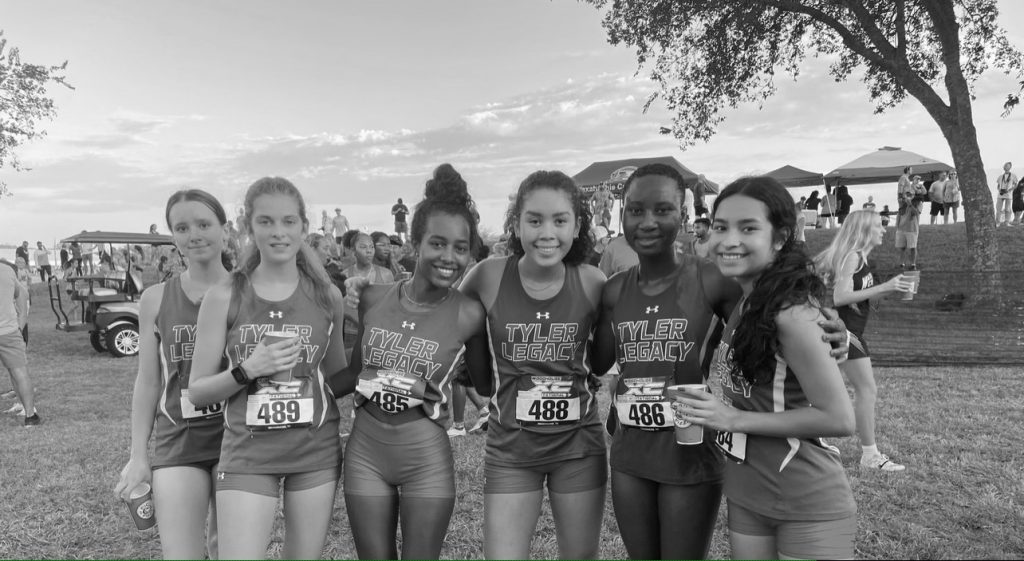Hello, my name’s Hewan Knight.
It was my eighth grade year at Hubbard Middle School, 2017 – my first time to be at a public school after being at Good Shepherd for two years.
The night before, I tried on my clothes, feeling excited and then hung them back up. That morning, I arrived at school early in the morning to find my classes.
But a few days in, something was not right. Something didn’t add up.
I still hadn’t found a group to sit with yet. There were the theater kids, choir kids, track and cross country kids. The Hubbard Middle School was pretty segregated between Black, brown and white kids.
I was invited to sit with a couple of these groups. One group was all Black girls either in track or volleyball. The white girls were either in basketball or volleyball. At times, they would ask me, “Why aren’t you sitting with us today?” So I felt like I had to choose sides. Later, more explicit comments were made. “You act so white. Your backpack is so white.”
The white girls weren’t as direct with their words. My hair wasn’t straight like theirs; I had different colored skin. Like most eighth graders, I was very self conscious. I didn’t fit in. Normal, right? Everybody feels that way in middle school.
But what you need to know is my feeling of differentness is tenfold because of how I came to live in Tyler, Texas.

I was born in a brick house in a small village named Chelecot, Ethiopia. I had three brothers and countless cousins until the age of six. I was my mom’s assistant at her general store that she owned. I remember her selling green bar soaps, lollipops, plastics, shoes, cookies and orange Fanta. I was my mom’s only daughter, and we had a special connection.
Everything changed the day my mom was killed by my dad.
I remember all the hours in detail. I heard every gunshot as I laid in bed between my brothers. I stayed completely still.
Several months passed. My grandmother took me and two of my brothers in a taxi to a town named Mekele.
We stopped at a building named Bana where kids were kept waiting for adoption. It would be my new home for the next six months. Then after that, we moved to Addis Ababa, the capital, into a much larger foster care named Gladney. We stayed there for about a year and a half.

My adoptive parents, Lori and Josh, were looking for a child to adopt. They had already adopted Mezeker, adding to their three biological kids. A man named Belwayi brought papers to mom and dad, and told them that he had found a match for them. Then they looked and saw that it was three kids.
It was not what they expected, and they were really shocked. It was not part of their plan. But they decided to adopt all three of us, and that’s how we came to live in Tyler. Two and a half years later, my brother Haftu joined us, making us a family of 10.

What’s my life like now?
“You’re my second favorite mom.”
Those are the words I wrote on my mom’s birthday card. I didn’t mean to hurt her feelings. I know she understood.
So, here’s why I wrote them: I miss my real mom.
Holidays, birthdays and special events can be really sad for me. The night before my birthday can be a sleepless one. I wish she could be here with me.
It’s okay to miss your parents. It’s okay to talk about it. It’s okay not to be cheery all the time. No matter how great the day is, it could be better.

Because I look different, people ask questions. “What are you? What are you mixed with? What brought you to America? Aren’t you lucky you got to come to America?”
I know their questions are mostly innocent and curious, but why do they need to know that? What difference would it make in how they treat or perceive me? I think twice now before I ask those same questions to other people.
This story is for anyone who has gone through adoption, who has lost a loved one, had their lives turned upside down.
My eighth grade year caused me pain, but for some, being Black or brown costs them their life.

I am telling you this story one month after the death of George Floyd. I have joined protests speaking out against my high school, Robert E. Lee, and refusing to wear that name on my athletic jersey.
My skin and hair are a tiny part of who I am. My life, what happened to me, who I’ve loved and who has loved me – those belong to me, and tonight I’m sharing it with you.
Hewan Knight, 18, is originally from Ethiopia. She has lived in Tyler for almost 10 years since she was adopted. She is a senior at Tyler Legacy High School, where she runs cross country. Hewan garnered national attention when she took a stand against wearing the name Robert E. Lee on her athletic jersey. She likes to eat at Fresh by Brookshires.
Love what you're seeing in our posts? Help power our local, nonprofit journalism platform — from in-depth reads, to freelance training, to COVID Stories videos, to intimate portraits of East Texans through storytelling.
Our readers have told us they want to better understand this place we all call home, from Tyler's north-south divide to our city's changing demographics. What systemic issues need attention? What are are greatest concerns and hopes? What matters most to Tylerites and East Texans?
Help us create more informed, more connected, more engaged Tyler. Help us continue providing no paywall, free access posts. Become a member today. Your $15/month contribution drives our work.







